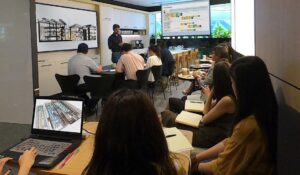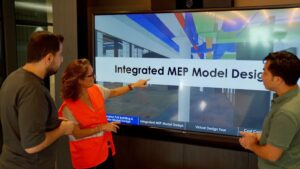The initiation of large, complex workplace and campus projects in India necessitates a thorough examination of the processes involved, especially in terms of selecting and preparing a location well in advance of any project design or commencement. It is evident that the optimization of choices made during these early stages is crucial, requiring the convergence of specific key elements to ensure successful outcomes.
What is at stake: Navigating the complexities of pinpointing the perfect locale for your workplace endeavor in India, coupled with evaluating the site’s adequacy, presents a formidable challenge. This intricate process may uncover necessary modifications to tailor the location precisely to your enterprise’s unique requirements.
Pressure intensifies as prime buildings and sites are rapidly claimed by other entities during your evaluation, transforming this endeavor into a time-sensitive and risk-laden undertaking, particularly when managed from a distance.
What becomes indispensable in such scenarios is the involvement of a seasoned leader, well-versed in navigating the Indian landscape, backed by a formidable team of specialists. This leader must stand as an independent and trustworthy advisor, free from any conflicting interests that could restrict or adversely influence choices.
This proactive team is tasked with conducting a comprehensive infrastructural assessment of the site, unearthing potential uncertainties, ensuring alignment with your prerequisites, and recommending modifications to elevate the building to your exacting standards. All of these tasks related to your workplace , campus or laboratory expansions require rapid yet meticulous execution, ensuring you can place your full trust in the outcomes.
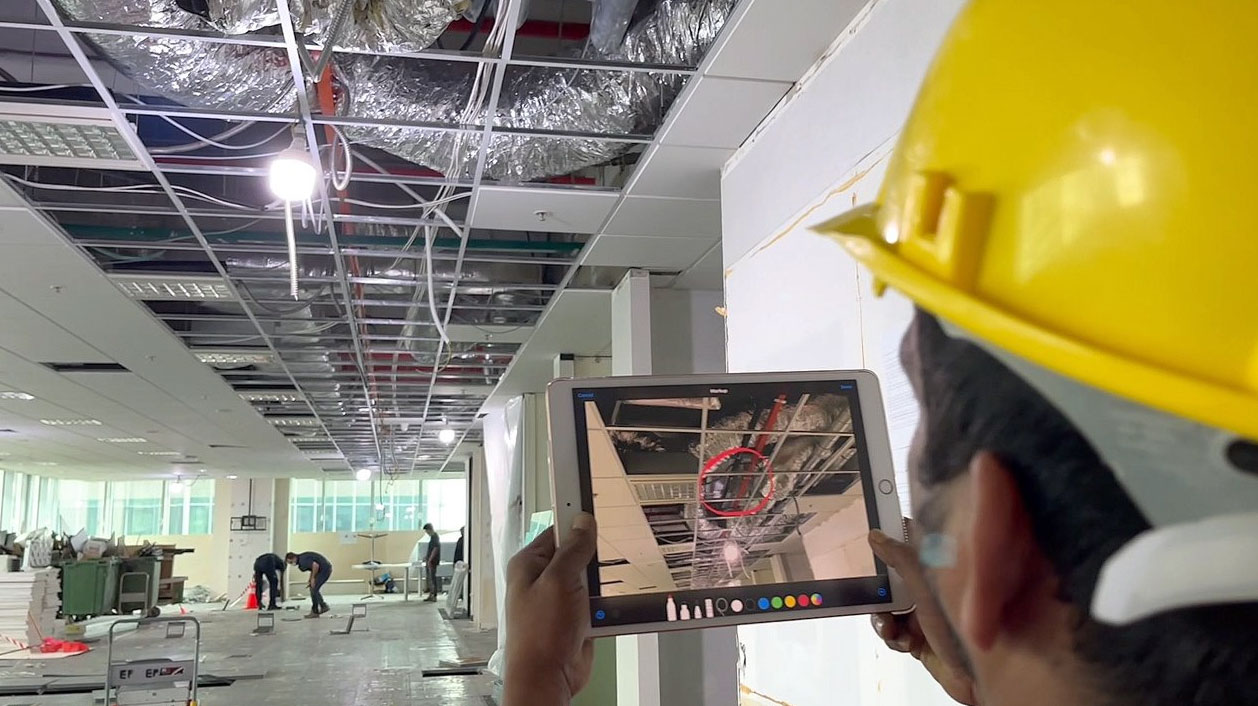
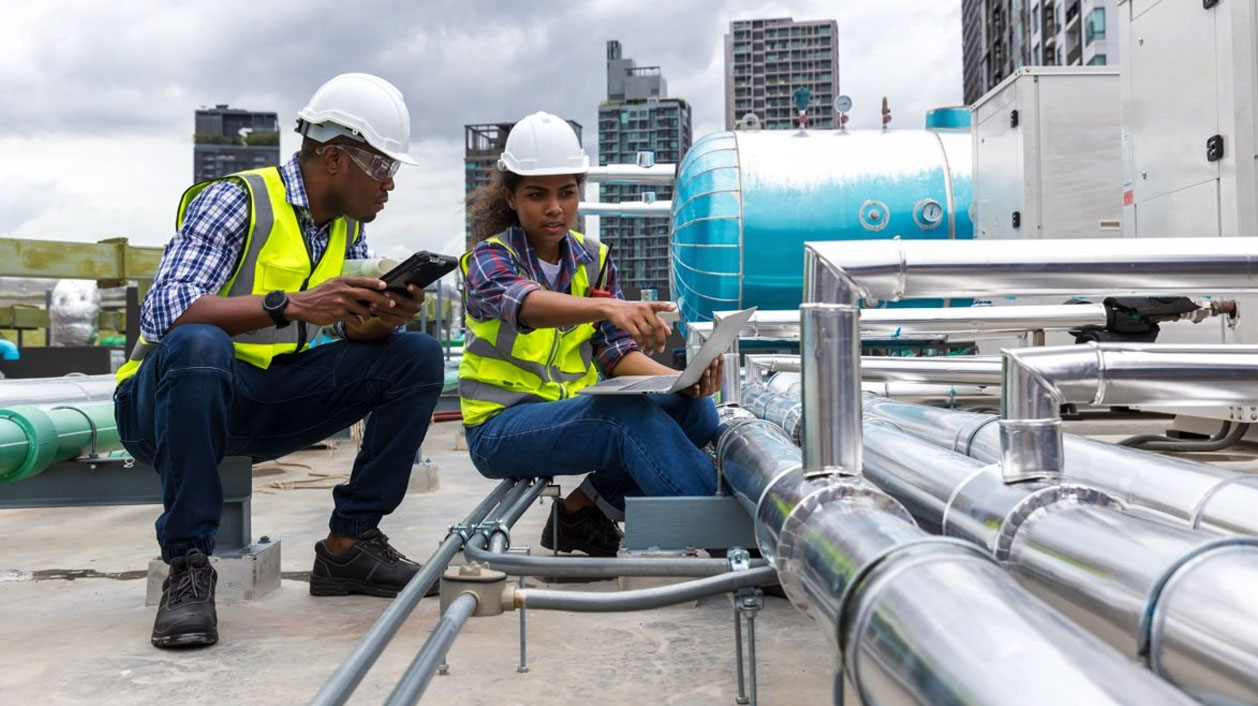
Let us delve deeper into how you can leverage such leadership to streamline the site analysis, feasibility and due diligence of potential properties in India, regardless of your geographic location.
Selecting the Right Partner: The work for site analysis, feasibility and due dilligence is complex and demanding which requires a team that embodies experience, expertise, and innovation. Prospective clients should seek a partner that provides:
- A Balanced View: Offering findings meticulously tailored to individual project specifications.
- A Clear Focus: Concentrating on elements with a direct and tangible impact on the project.
- A Holistic Perspective: Ensuring seamless integration from design through execution.
- Advanced Toolkit & Analytics: Utilizing cutting-edge tools for precise, data-driven insights.
- Demonstrable Industry Expertise: A team that not only understands the challenges but can also anticipate and mitigate them.
- A Reputation for Trust: A dependable advisor, unaffiliated with property owners or agencies.
Two pivotal aspects in this decision-making process are the leader’s character and their commitment to your project’s longevity.
Even if a candidate appears knowledgeable and well-experienced, assess their willingness to stay committed through the inevitable fluctuations of this lengthy process. These attributes are critical, as this partnership could span one to two years, especially when preparing for a substantial workplace or campus project.
The Journey of Site analysis, Feasibility and Due Diligence:
More than a process; it is a journey. This begins with grasping your vision for expanding your workplace to India, progressing through meticulous site visits, evaluations, and analytical findings, and culminating in a clear actionable way forward to select and prepare the location.
However, the true value transcends any report. It is in a profound understanding of how the potential site or building can serve your company. It encompasses the risks, opportunities, and innovative solutions required to align the property with your aspirations and standards. This necessitates a blend of creativity, innovative thinking, and technical prowess to tackle emergent challenges.

I talked with Reema Bandhari, who has been responsible for the complete integrated delivery of many of the most large and complex workplaces, campuses, laboratories and research facilities in India:
“Early site analysis, feasibility and due diligence long in advance of any project is extremely important since the base build specifications and condition at the time of handover in India vary so much.It also provides the client with insights into potential negotiation points with the landlord and outlines what must be included in their internal capital expenditure (capex) approval process before finalizing their lease agreement.
Also understanding India’s legal and regulatory landscape is vital. Proper due diligence ensures compliance with local laws, permits, licenses, and environmental regulations, reducing the risk of legal issues that can disrupt or stall a project.”
A reputable leader in site analysis and due diligence approaches this journey not as a contractual obligation, but as an opportunity to guide you towards the best possible outcome. They should transcend contractual boundaries, adopting a holistic approach, and tapping into a broader spectrum of expertise to ensure the building’s suitability or its potential for modifications. This includes considering the broader impact on your team and end-users, with considerations for transportation, community, parking, amenities, security, and more, as well as the impact on any existing workforce at an older location.
Such a thorough analysis can be invaluable in negotiations, potentially leading to substantial modifications of an existing building to suit your needs. Ideally, the leader of your due diligence efforts would also oversee any modification processes, or at the very least, be willing to be your proxy to closely monitor those responsible, significantly mitigating risk.
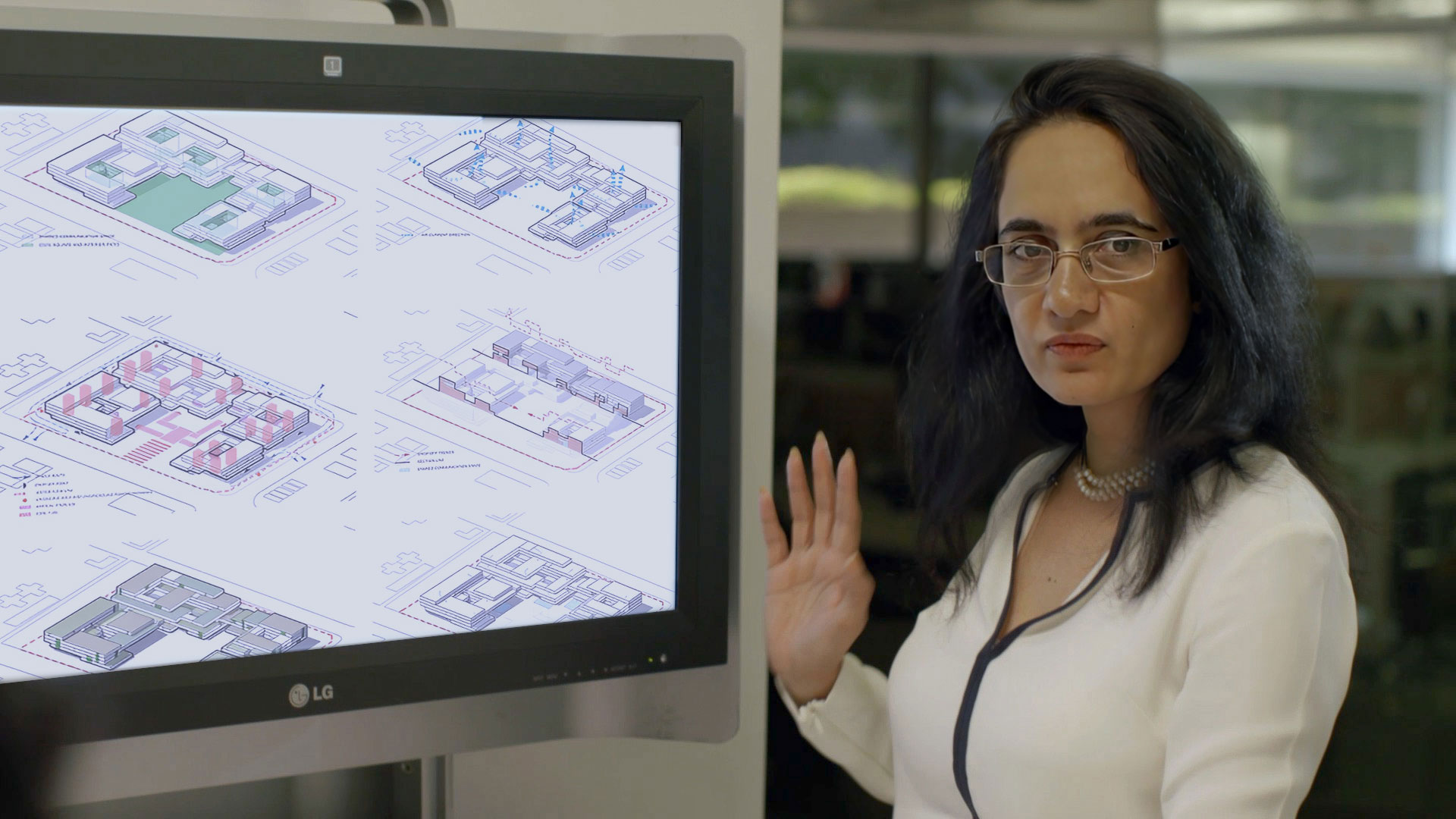
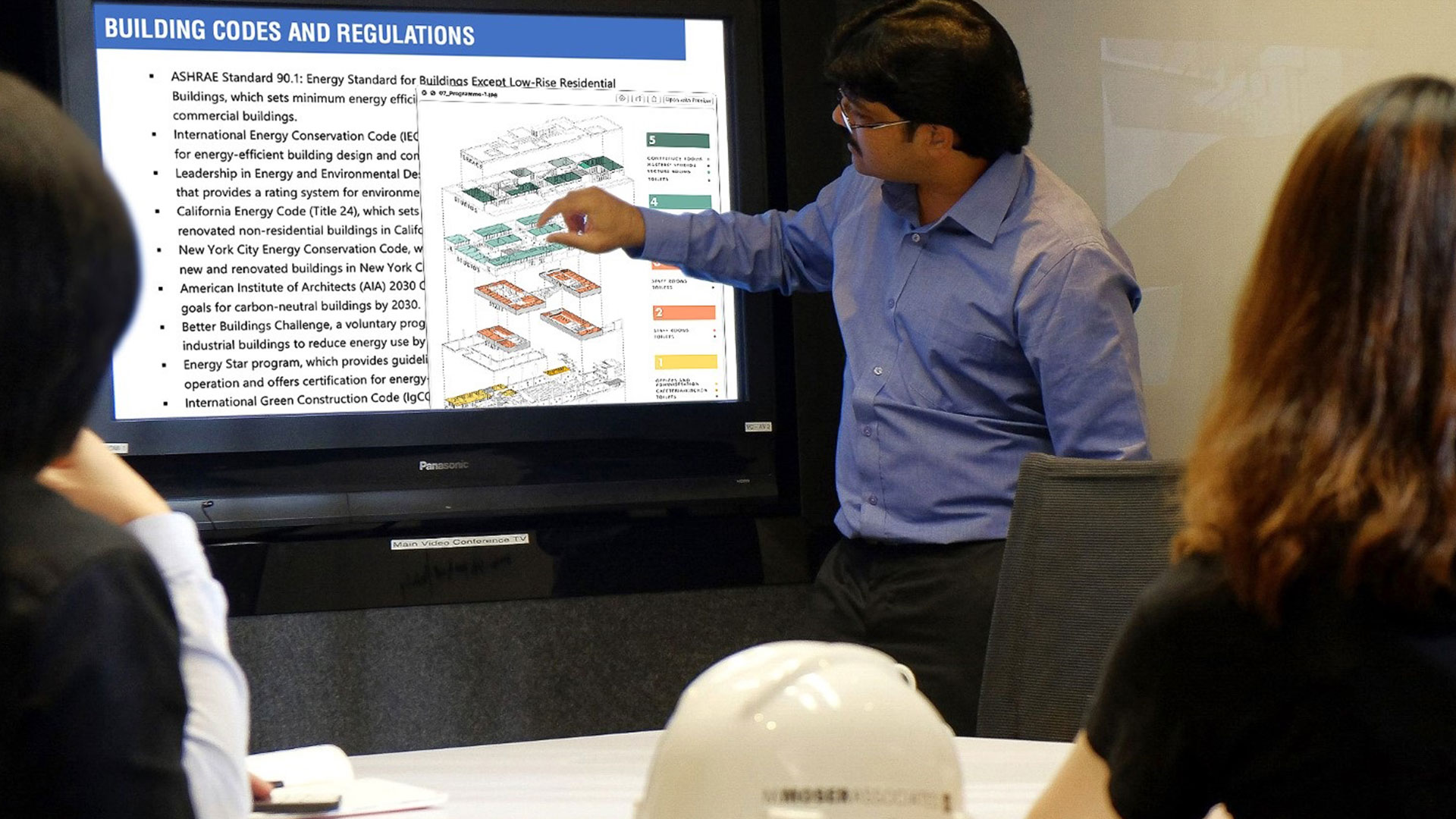
When meeting with Sabina Reddy, director and long standing leader of M Moser in India, she explained to me how the ability of building developers to provide information sought by global business leaders can vary greatly , especially in what are known as second and third tier cities, where many opportunities for cost effective expansion exists.
Gathering intelligence on potential sites can seem somewhat frustrating and leave a lot of questions unanswered; questions that are often vital for making significant commitments to a new site.

Sabina approaches the huge challenges with her trademark patience and understanding of the wide ranging cultural and business practices of each state and city;
“The building documentation provided by owners can sometimes be minimal or incomplete. This can lead to ambiguity in the information available.
While this often allows for flexibility in adapting to our clients unique needs, it can be a struggle to better define what the client can expect in the completed building and to work through it all.
There was a learning curve for local teams when it came to aligning with the rigorous standards and detailed specifications required by multinational corporations.
These teams show great potential and willingness to adapt, yet they benefit from our additional guidance and support to ensure timely delivery and readiness of the building. ”
The latest technologies, tools and methods:
Tools and technologies that visualize the site have revolutionized the due diligence process, enabling remote site visits, 3D mockups, and real-time digital overlays, transforming site analysis into a visual and immersive experience that can be easily used by remotely located business leaders with no experience. The experience of reviewing the findings with the team, and the potential solutions come to life in a clear visual way, rather than wading through a report.
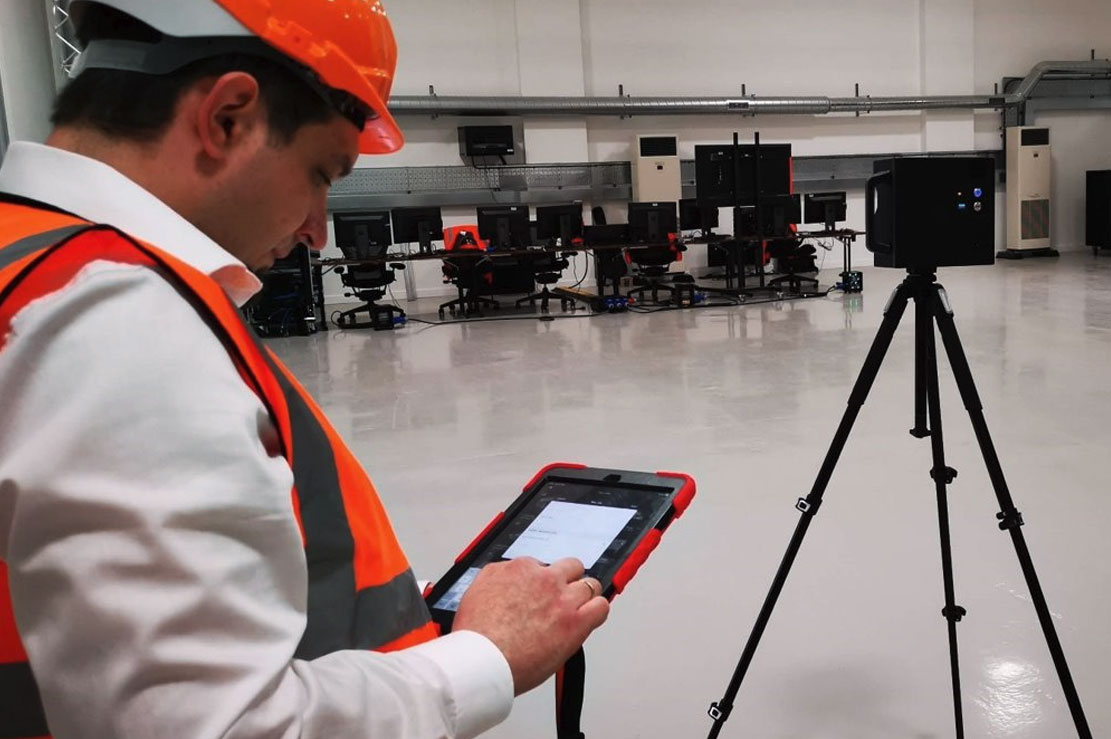
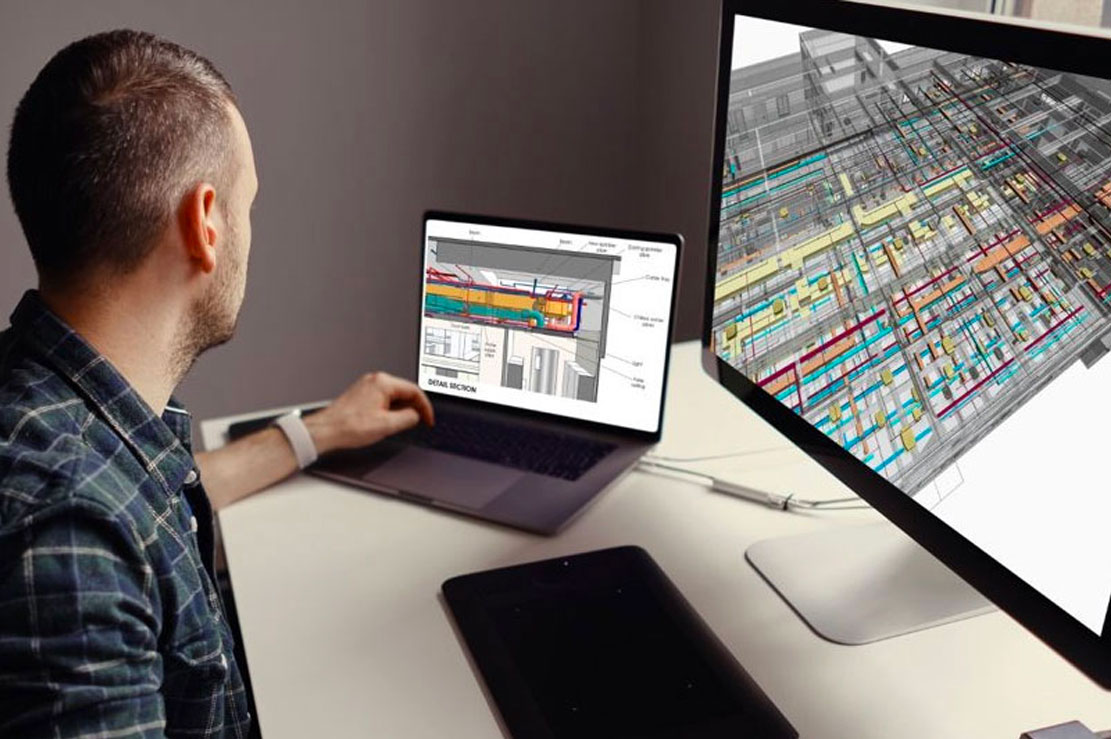
M Moser uses various types of scanning hardware and software to create full immersive 3D remote sites for their clients to easily use without traveling to site as often. 3D models are augmented by scans and updated details to ensure that the changes or inconsistencies with what is supposed to be built are known, and taken into account rather than becoming nasty surprises later. Collaborative 3D platforms enable all participants to come together in live sessions to agree solutions that will make the new site optimized for the clients intended use.
The uniqueness of your journey and what is next
The potential challenges of this journey demand a dependable partner to guide you through the vibrant property terrain. The process starts with a trusted advisor who assembles a dedicated team to independently evaluate potential sites and plan subsequent actions. Key considerations include:
- Architectural and infrastructure adjustments to the chosen site
- Developing a detailed brief and capex plan
- Complying with local regulations
- Adapting global workplace standards: sustainability, ESG initiatives, carbon reduction, and more.
- Addressing large-scale equipment needs, often involving enhanced power and infrastructure redundancies.
During my thirty years in Asia, I’ve partnered with top professionals. I invite you to connect and discuss these essential topics. Establishing a strategy and finding the right partner early is the key to ensuring success.

